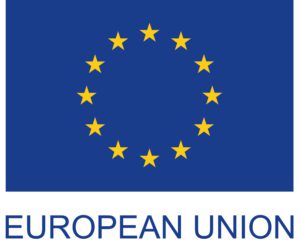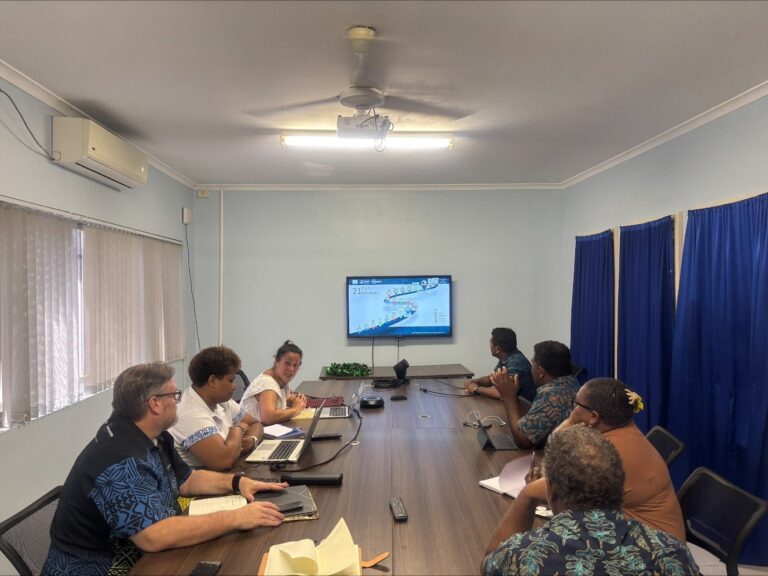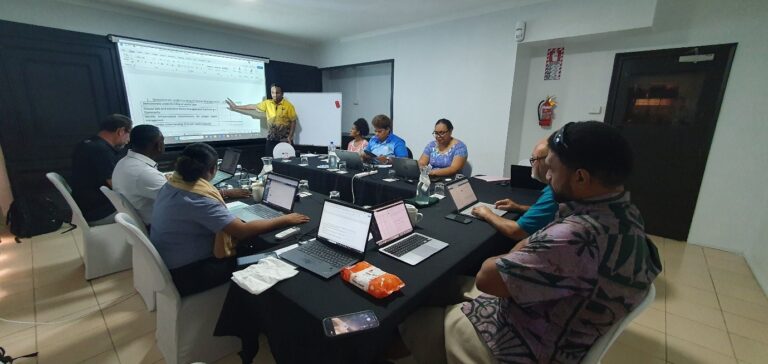
About us
About PacWastePlus
The impact of waste and pollution is taking its toll on the health of communities, degrading natural ecosystems, threatening food security, impeding resilience to climate change, and adversely impacting social and economic development of countries in the region. The PacWastePlus programme will generate improved economic, social, health, and environmental benefits by enhancing existing activities and building capacity and sustainability into waste management practices for all participating countries.
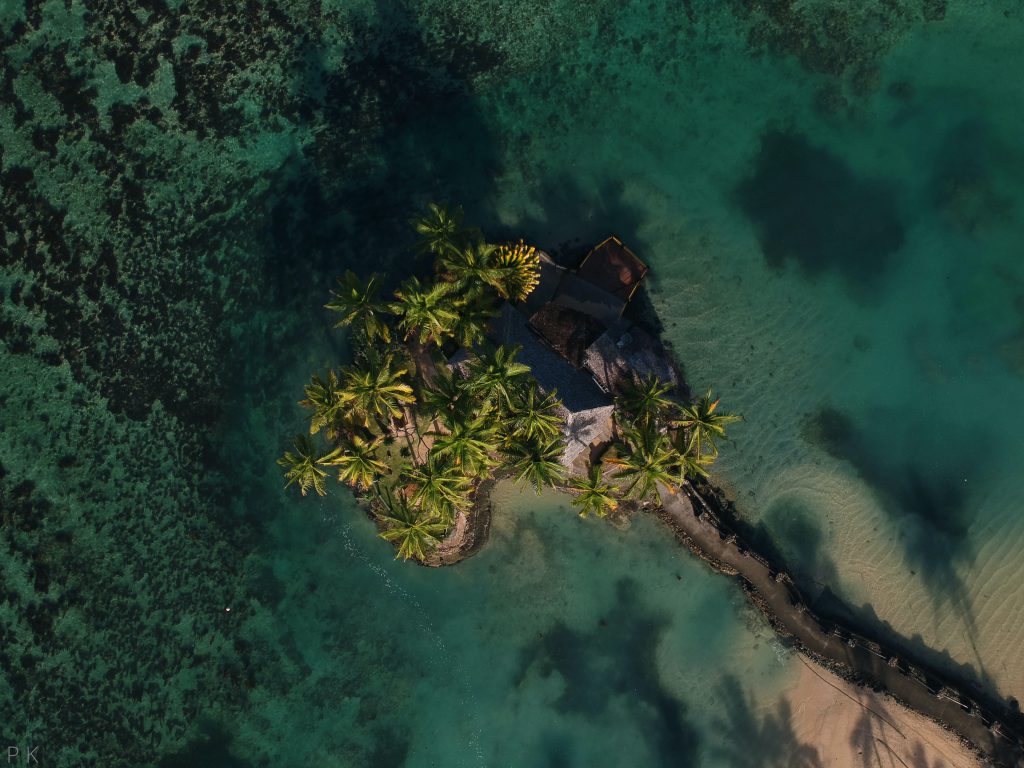
Key Objectives
Outcomes & Key Result Areas
The overall objective of PacWastePlus is “to generate improved economic, social, health and environmental benefits arising from stronger regional economic integration and the sustainable management of natural resources and the environment”.
The specific objective is “to ensure the safe and sustainable management of waste with due regard for the conservation of biodiversity, health and wellbeing of Pacific island communities and climate change mitigation and adaptation requirements”.
Improved Data Collection Imroved data colletion, information sharing, and education awareness
Policy & Regulation Policies and regulatory frameworks developed and implemented.
Best Practices Enhanced private sector engagement and infrastructure development implemented
Human Capacity Enhanced human capacity.
Governance
PacWastePlus
Governance
The programme brings together key organisations supporting the waste and pollution sector in the region, with SPREP as the entrusted implementation agency. The Pacific Community (SPC) and the University of the South Pacific (USP) will be implementing partners contracted by SPREP for specific activities in line with their core expertise and responsibility.
Additionally, the PacWastePlus programme is partnering with numerous other development partners operating waste management projects in the region, to ensure no duplication of efforts or wasted resources.
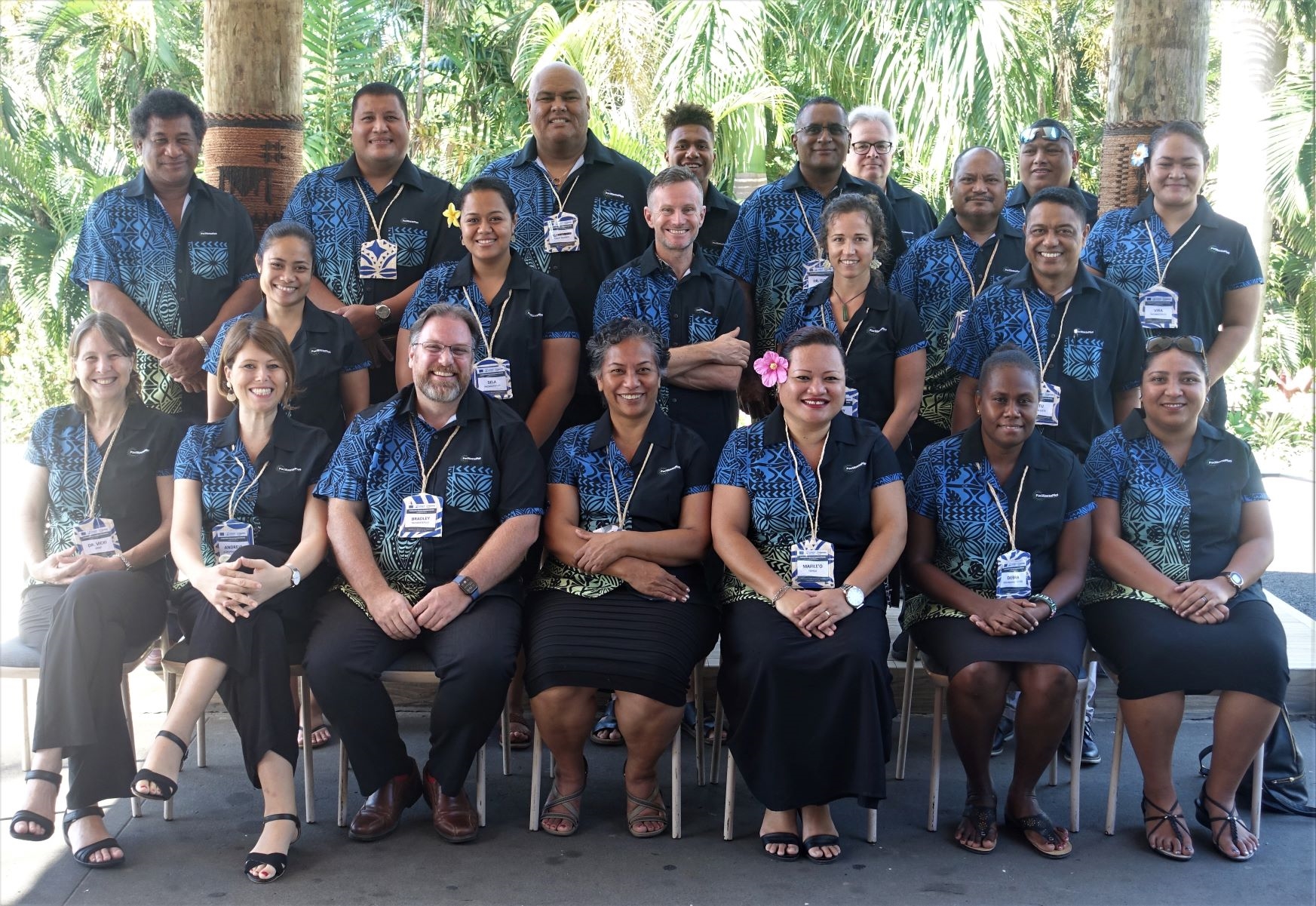
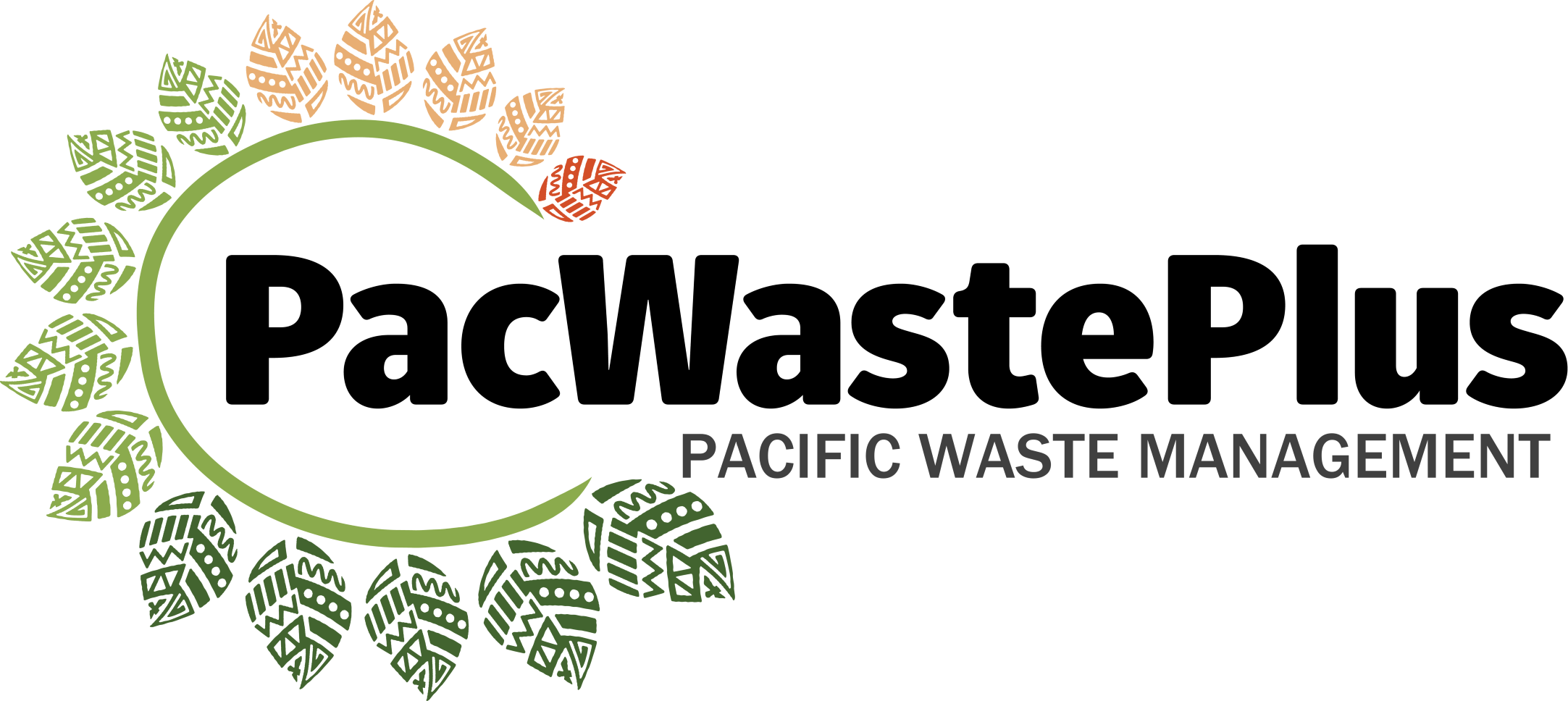
Logo
The programme logo was designed jointly by the PacWastePlus communications officer and design consultants as part of the programme’s Communications and Visibility Plan, using symbology that captured the essence of the Pacific Region, including the representation of the 15 member countries and ideology based on our project work that focuses on a circular economy.
The 15 members are represented by the leaves which feature Pacific designs with the colours representing our Micronesia, Melanesia, Polynesia, and Timor-Leste country members. The green branch design represents not only a circular economy but also the PacWastePlus project itself which brings all member countries together to enhance waste management practices, policies, and advocacy in the Pacific.
Our latest resources

Video Resource
E-waste management in the Pacific
E-Waste (or end of life electrical products), when discarded / disposed outside, pose environmental and health risks. There are easy ways available for safe storage, and end of life product management and recovery. We also recommend choosing quality electrical items to reduce the e-waste generation (as products last longer and are repairable) and choosing environmental sound management of items once it reached its end of life. Watch this short animation to learn more.
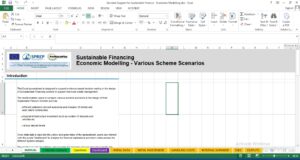
Resource Template
Decision Support for Sustainable Finance – Economic Modelling
This Excel spreadsheet is designed to support evidence-based decision making in the design of a Sustainable Financing scheme to support improved waste management.
The model enables users to compare various scheme scenarios in the design of their Sustainable Finance Scheme such as: different collection network scenarios and inclusion of remote and outer island communities
physical infrastructure investment such as number of deposits and vehicles etc
various deposit levels
Once initial data is input into the yellow tabs of the spreadsheet, users can interact with the purple "Dashboard" to analyse the financial implications and return rates across the different system designs.
The model accounts for inflation, and provides for inclusion of a non-recycling penalty fee.
By evaluating costs, revenues, and material return outcomes, this tool helps stakeholders project scheme performance and determine a financially viable PSS design tailored to their local context.
This model can be used in conjunction with the Calculating Scheme Handing and Administration Fees and Tracking Scheme Performance Model which will help calculate the scheme throughout and further refine scheme costs.
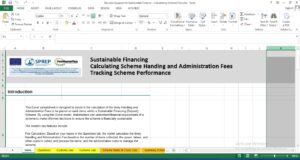
Resource Template
Decision Support for Sustainable Finance – Calculating Scheme Fees
This Excel spreadsheet is designed to assist in the calculation of the likely Handling and Administration Fees to be placed on each items within a Sustainable Financing (Deposit) Scheme. By using this Excel model, stakeholders can understand financial requirements of a scheme to make informed decisions to ensure the scheme is financially sustainable.
The model's key features include:
Fee Calculation: Based on your inputs in the Questions tab, the model calculates the likely Handling and Administration Fee based on the number of items collected, the power, labour, and other costs to collect and process the items, and the administrative costs to manage the scheme.
Labour Calculation: Based on estimated scheme throughput, the model calculates the "man-hours" required to safely collect and process the items
Export Requirements: Based on estimated scheme throughput and size reduction, the model calculates the number of 20ft sea containers that may be required each year to export the items to recycling markets
Performance Tracking: Once your scheme commences, the model provides for you to track collection data and measures scheme performance (against import data). This allows for accurate reporting the identification of areas for improvement.
This model can be used in conjunction with the Economic Modelling spreadsheet which assist users to analyse the financial implications and return rates across the different system designs.
Meet our team
-
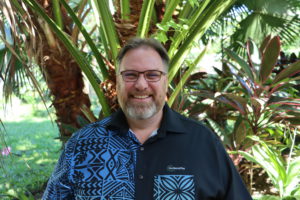
Bradley Nolan
Project Manager
Mr. Bradley Nolan is the PacWastePlus Project Manager. Bradley, an Australian National, is responsible for all elements of the project design and implementation, and works directly with donors and partners to ensure the best possible outcome is achieved through the donor funding.
-
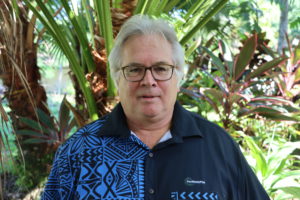
Lance Richman
Technical Waste Project Officer - Hazardous Waste
Mr. Lance Richman is the PacWastePlus Technical Waste Project Officer - Hazardous Waste. Lance is a national of the United States with more than 30 years’ experience in hazardous waste management and pollution control.
-
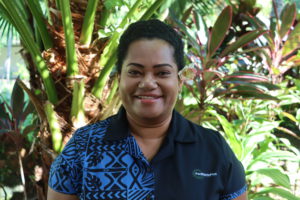
Sainimili Bulai
Technical Waste Project Officer - Solid Waste
Ms. Sainimili Bulai is the PacWastePlus Technical Waste Project Officer – Solid Waste. Sainimili, a Fiji national, has a wealth of experience in waste management gained from her time at the Fiji, Department of Environment, Ministry of Waterways and Environment.
-
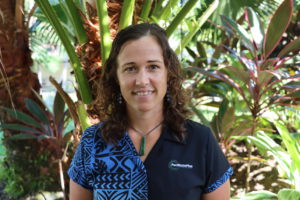
Hilary Boyes
Technical Waste Project Officer - Resource Recovery
Ms. Hilary Boyes is the PacWastePlus Technical Waste Project Officer – Resource Recovery. Hilary, a New Zealand national, has more than 13 years’ experience as an Environmental Adviser from numerous countries including New Zealand, Australia, Canada, Cook Islands, Kiribati, and Tuvalu.
-
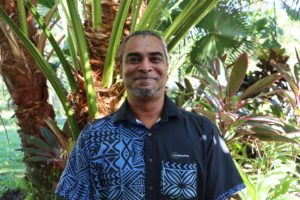
Nitish Narayan
Communications Officer
Mr. Nitish Narayan is the PacWastePlus Communications Officer. Nitish, a Fiji national, has over 20-years of experience in communications and is leading the programme’s communications and visibility activities.
-
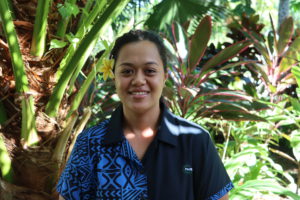
Sela Soakai-Simamao
Finance and Procurement Officer
Ms. Sela Soakai-Simamao is the PacWastePlus Finance and Procurement Officer. A Tongan national, is responsible for the financial management, procurement activities, and management support to the PacWastePlus program team.
-
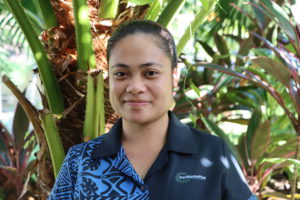
Crystal Schwenke
Technical and Administration Officer
Ms. Crystal Schwenke is the Programme’s Technical and Administration Officer. Crystal, a Samoan national, is providing project assistance and support to the Programme Management Unit and country focal points on the implementation of the PacWastePlus Programme

Does your company provide waste management and recycling technological support?
We are interested in providing member countries with easy to access information on companies that either accept waste materials, or can supply waste management technology – register your companies details here.
Our implementation agency and donor
PacWastePlus is supported by the following organisation and donor:
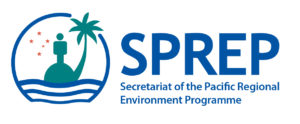
Secretariat of the Pacific Regional Environment Programme
Programme implementation agency.
Our Programme Partners
PacWastePlus is supported by the following projects and organisations
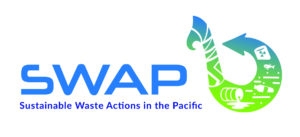
SWAP
The Sustainable Waste Actions in the Pacific (SWAP) Project is funded by Agence Française de Développement (AFD) and implemented by the Secretariat of the Pacific Regional Environment Programme (SPREP). SWAP will span Fiji, French Polynesia, Samoa, Solomon Islands, Tonga, Vanuatu, and Wallis and Futuna with technical backstopping of New Caledonia.
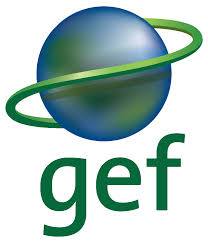
GEF ISLANDS
SPREP and UNEP spent all of 2019 and 2020 undertaking a region-wide consultation with 14 of its members to develop a project proposal to be submitted to the Global Environment Facility (GEF) Secretariat under its 7th round of funding. The GEF ISLANDS Project will commence in 2021 and will be implemented in 14 countries in the Pacific Region (Cook Islands, Fiji, Federated States of Micronesia, Marshall Islands, Kiribati, Palau, Papua New Guinea, Nauru, Niue, Samoa, Solomon Islands, Tonga, Tuvalu, Vanuatu) with a budget of $20 million

Pacific Ocean Litter Project (POLP)
In 2019 the Australian Government commenced its Pacific Ocean Litter Project (POLP), implemented by SPREP, with a commitment of AUD $16 million. POLP aims to reduce single use plastics (such as plastic bags, take-away food packaging, plastic cutlery and straws, and PET bottles) in the coastal environments of Pacific Island countries.
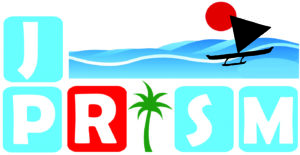
JPRISM II
JICA/SPREP Solid Waste Initiative In order to realize the commitment of the Government of Japan at the 2nd PALM (Japan-Pacific Leaders' Meeting) in 2000, JICA started assisting PICs in terms of solid waste management in collaboration with SPREP.

Pacific Region Infrastructure Facility (PRIF)
PRIF provides an interface between development partners and its Pacific member countries to improve the quality and coverage of infrastructure and service delivery. It works to enhance coordination of PRIF partner investments in the Pacific and provide technical advice on infrastructure development and sustainable infrastructure management to PRIF partners and member countries.
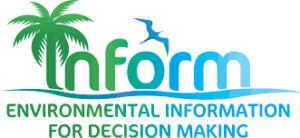
Inform project
The Inform project will establish a Pacific island network of national and regional data repositories and reporting tools to support the monitoring, evaluation, and analysis of environmental information, which supports environmental planning, forecasting, and reporting requirements.
Project Partner News

